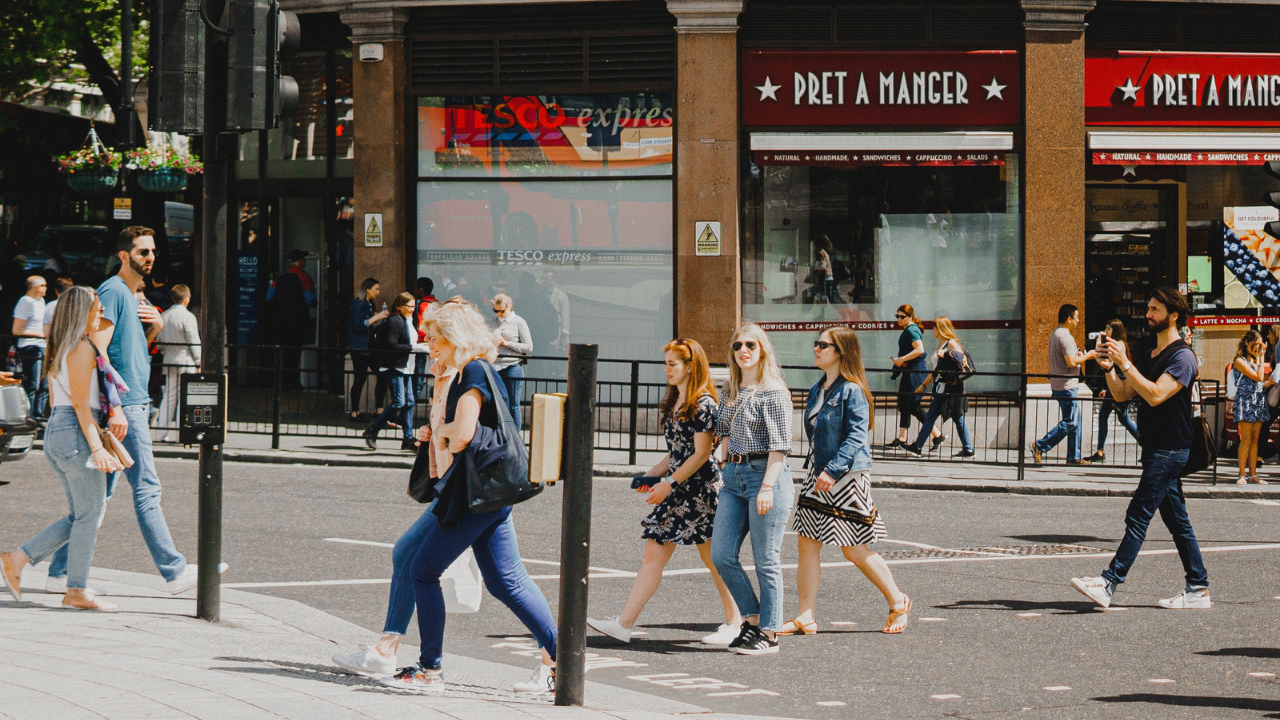Prior to the pandemic, brick-and-mortar retail was already struggling to stay relevant in the age of ecommerce. Now, they’re fighting to keep their doors open as cases of COVID-19 continue to spike worldwide.
Even if restrictions are loosened, research has found that 50% of consumers are apprehensive about coming into stores. This reality is leading retailers and landlords scrambling to find a solution to keep their businesses afloat.
One solution retailers have turned to is repurposing their empty space with flexible workspaces in order to grow revenue and increase activity in struggling communities.
Despite the UK government’s guidance on keeping employees working remotely, employers are expected to continue offering them flexibility on where they work.
A recent survey found that 71% of workers would prefer having access to a flexible workspace. Additionally, companies are looking to decentralize their own offices, while still accommodating their employees better. That is where flexible offices come in.
Now, landlords can offer more than just a place to shop. They can meet the growing demand for safe, alternative office solutions in order to boost their revenue.
Doing so not only helps landlords with vacant space along UK’s high streets, but it also could help surrounding businesses see an uptick in foot traffic.















